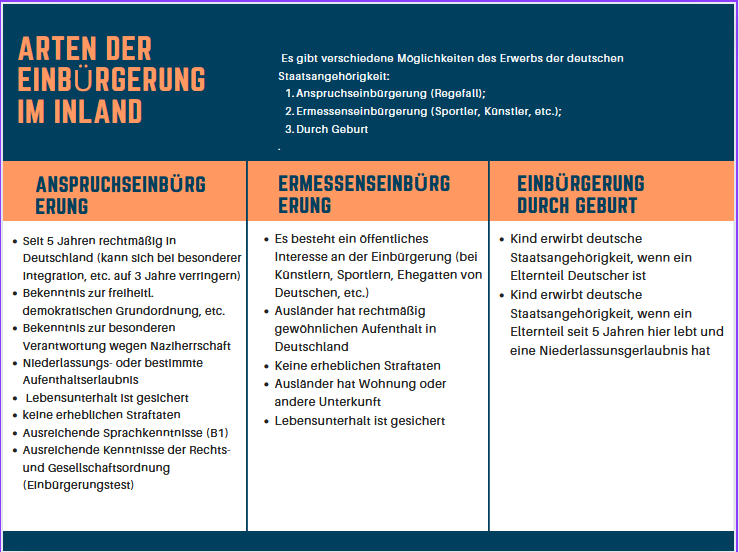In 2016, a referendum in the United Kingdom resulted in the decision to leave the European Union, commonly known as „Brexit.“ This outcome surprised many Britons and even more Europeans. It sparked extensive discussions about the political, economic, and legal consequences of the exit, especially since the UK was the first country to leave the EU. The following will examine the legal consequences of Brexit for Britons in Germany and what they can do to address potential disadvantages.
Loss of EU Citizenship
According to Article 9 of the Treaty on European Union (TEU, the founding treaty of the EU), the nationals of all member states are simultaneously EU citizens. Therefore, a German citizen is an EU citizen just like a French citizen. However, the UK’s departure from the EU means that British citizens are no longer EU citizens, as the UK is no longer an EU member state. This has several consequences for British nationals residing in the EU, the most significant of which are: no longer EU citizens, as the UK is no longer a member state of the EU. This has numerous consequences for British nationals residing in the EU. The most important are
-
-
- Loss of the right to reside in Germany and other EU member states
- Loss of the right to work
- Loss of the right to vote in European Parliament and local elections
-
Since the UK was considered an EU member state until December 31, 2020, these legal losses only took effect at the end of 2020.
What Can I, as a Briton, Do to Prevent Losing These Rights?
As there is currently no agreement between the EU and the UK, or between Germany and the UK, that governs the rights of Britons, the only apparent way to avoid losing numerous rights, especially the right to vote, is through naturalization in an EU member state. This way, rights continue because one would regain EU citizenship. Naturalisation in a member state of the EU. This is because the rights continue to exist, as you are a citizen of the EU again.
What Requirements Must I Meet for Successful Naturalization?
The process of becoming a German citizen is regulated by the Nationality Act (StAG). § 10 StAG provides an entitlement to naturalization without leaving discretion to the authority. This means that the authority must approve a naturalization application if the following requirements are met:
5 years ordinary Stay in Germany.
It can even be applied to 3 years can be shortened if the naturalisation applicant can demonstrate special integration achievements.
-
-
- 5 years of ordinary residence in Germany. This can be reduced to 3 years if the applicant demonstrates exceptional integration achievements.
- Citizenship and identity must be clarified. Official British identification documents (identity card, passport) are sufficient to prove citizenship and identity.
- A commitment to the democratic constitutional order of the Basic Law must be made.
- A commitment not to pursue any unconstitutional aims.
- Financial self-sufficiency must be ensured.
- No criminal record.
- Sufficient German language skills (at least language level B1) must be demonstrated. Language level B1) must be proven
- Successful completion of a naturalization test.
-
After 31 December 2020 After December 31, 2020, a residence or settlement permit must also be presented, which must be applied for separately.

Important Note: The content of this article has been prepared to the best of our knowledge and belief. However, due to the complexity and constant evolution of the subject matter, we must exclude liability and warranty. Important Notice: The content of this article has been created to the best of our knowledge and understanding. However, due to the complexity and constant changes in the subject matter, we must exclude any liability and warranty.
If you need legal advice, please feel free to call us at 0221 - 80187670 or send us an email at or send an email to info@mth-partner.de info@mth-partner.de
Lawyers in Cologne advise and represent clients nationwide in immigration law.

